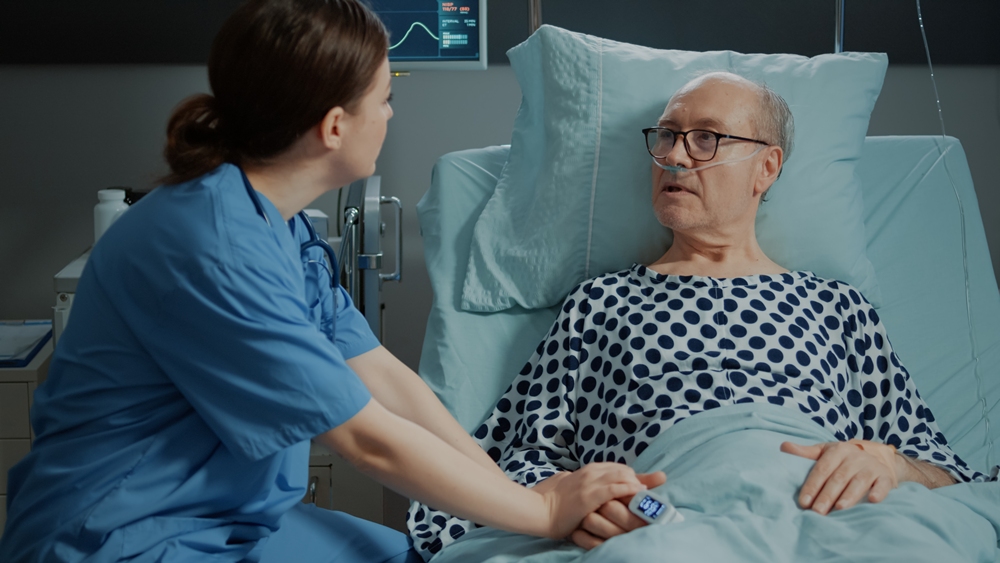The role of neurologic music therapy in supporting children with complex conditions

By Chiltern Music Therapy for Neuro Rehab Times
Harnessing the Power of Music for Neurological Development
Recent research continues to affirm the impact music can have on supporting neurological development in children with complex needs such as autism spectrum disorder (ASD), cerebral palsy and Down syndrome.
Music uniquely stimulates neuroplasticity, the brain’s innate ability to reorganise and form new neural connections.
Through engaging with music, children can experience gains in a wide range of areas including communication, cognitive function, memory, motor control, emotional regulation and anxiety reduction.
Understanding Neurologic Music Therapy® (NMT™)
Neurologic Music Therapy® (NMT™) is a clinical, evidence-based system rooted in neuroscience, designed specifically to improve functional outcomes for individuals with neurological conditions.
By tapping into the brain’s perception and processing of musical elements such as rhythm, melody and harmony, NMT techniques aim to restore, enhance or maintain function.
Therapeutic goals fall into developmental, rehabilitative or adaptive categories and typically focus on one of three domains: communication, cognition or motor skills. Sessions are tailored to meet each child’s individual needs.
Supporting Communication and Speech
Children with neurological conditions often experience significant challenges in speech and language development.
NMT has been shown to benefit children with ASD, speech delays, aphasia, or apraxia by utilising music to activate and engage the brain’s language centres, including Broca’s area (Wan et al., 2010).
Through singing, rhythmic cues, and musical games, NMT supports skills such as phonemic awareness, articulation, and receptive language.
It also provides an accessible avenue for nonverbal children to communicate emotions, intentions and needs through musical interaction.
Enhancing Cognitive Skills
Music engages widespread areas of the brain, reinforcing pathways vital to learning and cognition. For example, children with Down syndrome show improved memory and flexibility in thinking after consistent engagement with musical training (D’Souza et al., 2018).
NMT interventions focused on cognitive development help to strengthen attention control, memory recall, and executive functioning. These techniques have proven beneficial for children living with autism, ADHD or acquired brain injuries.
Motor Skills and Physical Rehabilitation
Music’s rhythmic qualities can significantly enhance motor coordination, muscle activation and movement planning. Drumming and other rhythm-based exercises, as explored in Thaut et al. (2007), have demonstrated success in improving both fine and gross motor skills in children with developmental delays.
Children with motor impairments due to cerebral palsy, stroke or brain injury can benefit from NMT’s sensorimotor techniques, which use rhythm to guide and regulate physical movements. These interventions can contribute to greater functional independence in day-to-day activities.
Conclusion: A Holistic, Science-Based Intervention
Neurologic Music Therapy is a dynamic, evidence-led intervention that offers meaningful gains across motor, language, and cognitive domains for children with complex neurological profiles.
Beyond clinical outcomes, NMT supports emotional well-being, social connectedness, and psychological adjustment. Whether through individual, group, or family-based sessions, music creates a safe and motivating environment for children to explore, express, and connect.
This makes NMT an invaluable component in multidisciplinary care for children with neurological conditions.
Find out more about Chiltern Music Therapy at chilternmusictherapy.co.uk








